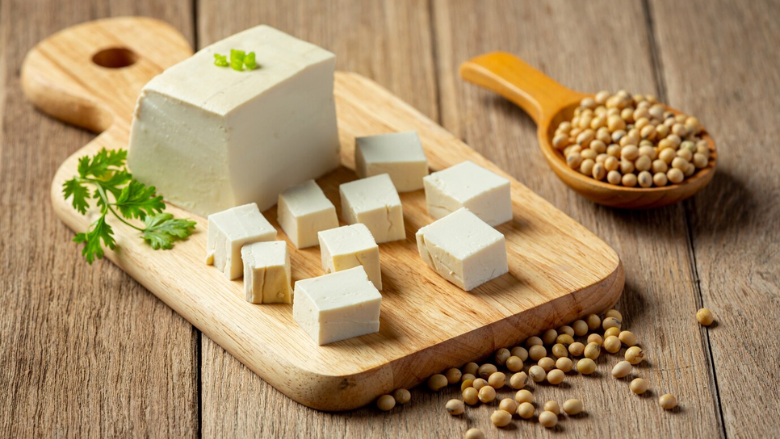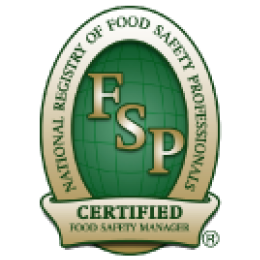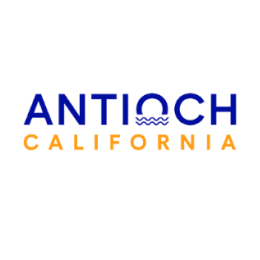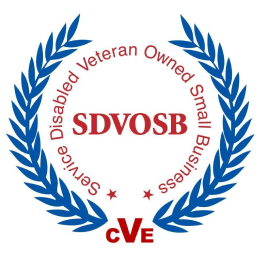Plant-based diets are often praised as healthier and more sustainable choices. But are all plant-based foods as clean and safe as we assume?
A recent study has raised new concerns that even popular alternatives like vegan cheese and soy products may harbor unwanted chemical contaminants — some at surprisingly high levels.
At The Food Court, we're committed to bringing you the latest insights on food safety, empowering you to make truly informed choices. Here's what you need to know.
The Study: Alarming Findings in Vegan Cheese and Soy Products
A research team from the University of Antwerp, publishing their work in Environmental Science and Technology, analyzed 52 plant-based food products sold in Belgium, Germany, and the United Kingdom. They focused on two main types of ultra-processed plant foods: cheese alternatives (typically coconut-oil based) and processed soy products like tofu and tempeh.
What they discovered was concerning, Plant base cheese alternatives contained the highest levels of chemical contaminants, particularly.
- Organophosphorus flame retardants: An average of 123 nanograms per gram (ng/g) of wet weight.
- Plasticizers (chemicals used to make plastics more flexible): A whopping average of 1,155 ng/g wet weight.
- Soy-based products like tofu and tempeh also showed elevated, although slightly lower, contamination levels.

Even though the estimated intake of these substances was technically below current safety thresholds, the sheer presence of these contaminants in foods that are marketed as healthy is eye-opening.
How Are These Chemicals Getting Into Plant-Based Foods?
The study suggests several possible routes:
- Ingredients like coconut oil — a common base in vegan cheese — could already contain contaminants introduced during processing.
- Food packaging and processing equipment might be a source, with chemicals migrating into the product during manufacturing or storage.
- Supply chain issues, from farming practices to transportation, can introduce unintended chemical exposures long before the product reaches store shelves.
The broader concern here isn't just about one brand or one type of food — it highlights vulnerabilities across the entire plant-based food supply chain.
What This Means for Consumers
It’s important to note: plant-based eating still offers many health and environmental benefits. However, the “plant-based” label alone doesn’t guarantee a product is free from risks linked to chemical exposure.
Consumers should:
- Choose less processed options when possible. Whole foods like fresh vegetables, legumes, grains, and nuts are less likely to contain these types of contaminants.
- Read ingredient labels carefully. Shorter ingredient lists typically mean less processing and fewer chances for chemical contamination.
- Support transparent brands that invest in safer sourcing, packaging, and processing practices.
And most importantly, stay informed. Knowledge is your best defense when navigating today's complex food environment..





